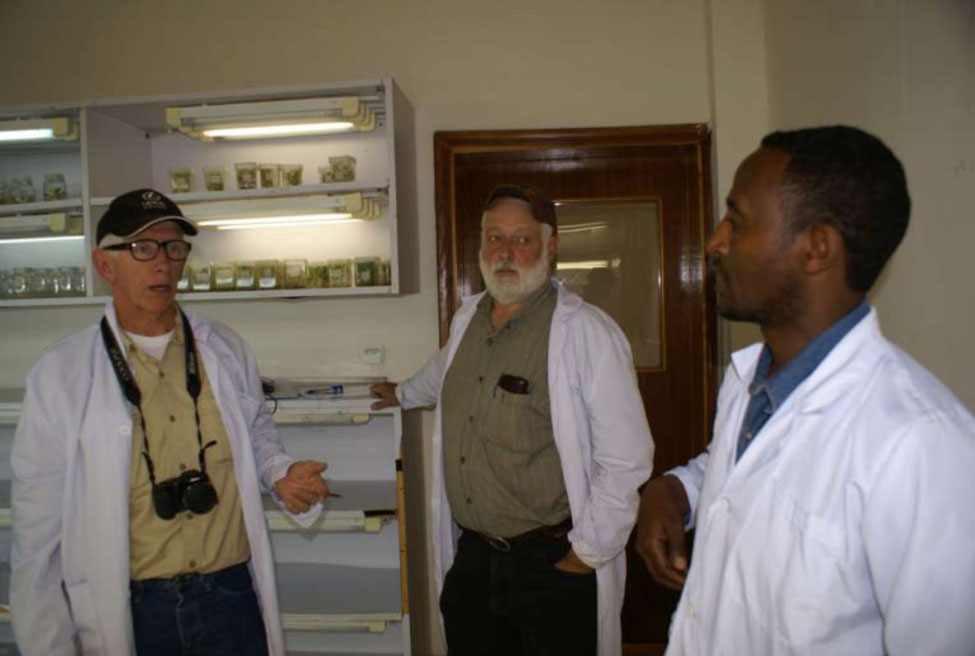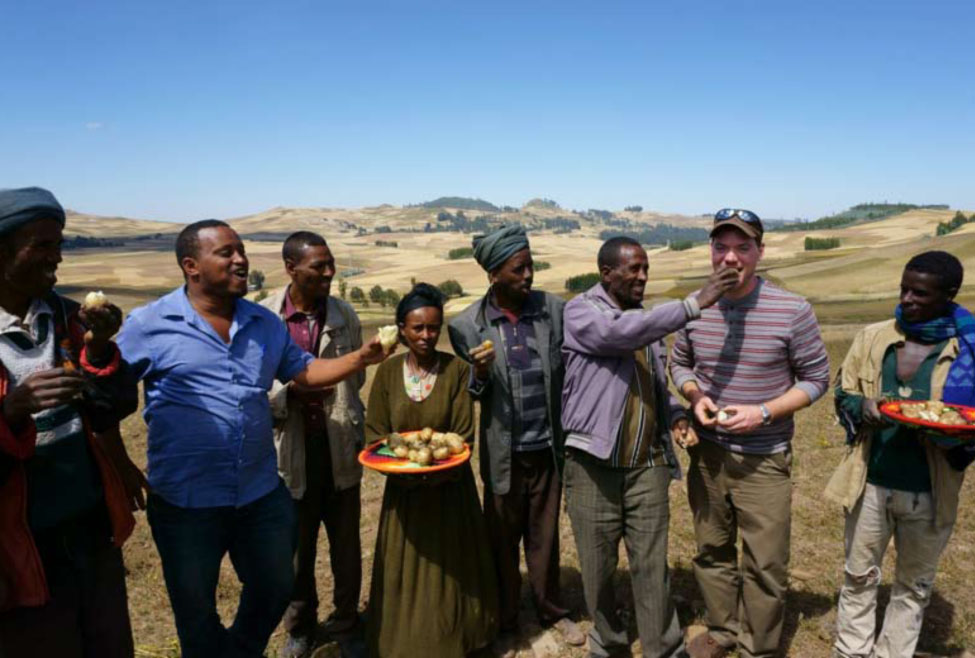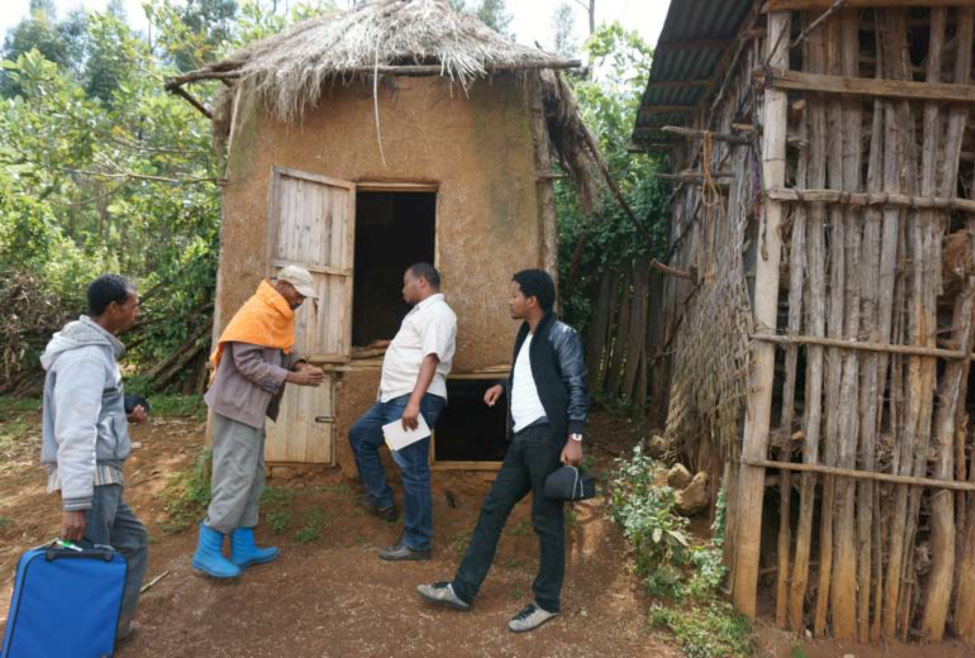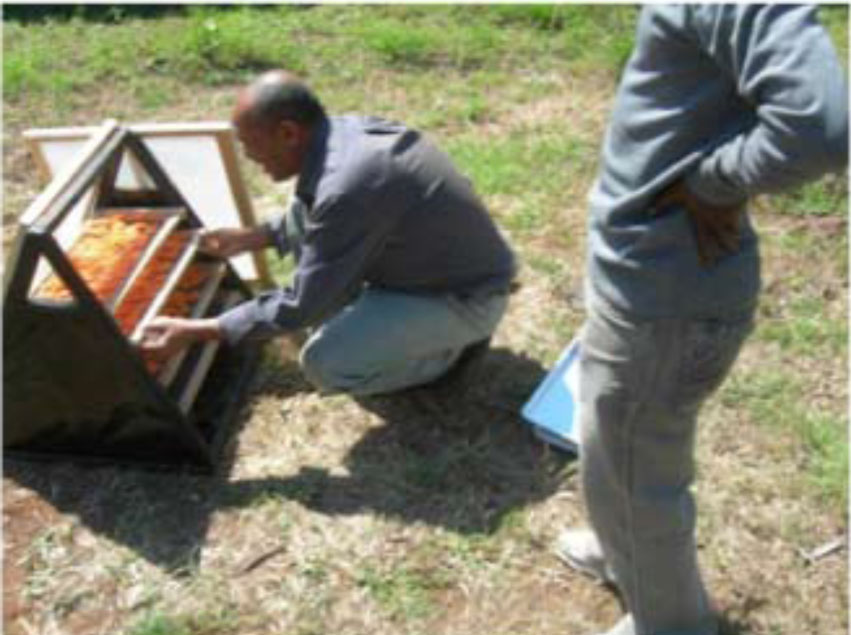About Our Needs

Tissue Lab :
This is the only tissue lab in the northern Amhara area that can maintain and produce clean seed potatoes of the improved varieties. Ten years ago the facility was sitting empty. With the help of the Ethiopian Sustainable Food Project, it is now producing clean seed potato tubers to go to the fields to start the seed production process. Ermias has been the leader of this project. Potatoes are re-infected quickly, so farmers need a continuous supply of clean seed potatoes.
Seed Increase Project:
Alamu has done a fantastic job of traveling to the farms to promote the value of the improved potato varieties. He has done a lot of workshops for farmers to show them the benefits of the improved varieties. However the volume of seed produced is tiny compared to the demand from farmers. There have been a lot of setbacks in the increase of seed potatoes from the tissue lab to the volume requested by local farmers. Each year more seed is produced but there are 80,000 farm families in this state that relay on potatoes as a big part of their diet. There is a need for more wells to provide disease free water to grow the seed tubers.


On-Farm Warehouse Potato Storage:
One farmer said that ants and tuber moths destroy 50% of his crop during the dry season. Traditionally potatoes are grown during the rainy season, and then are left in the field during the long dry season. Farmers harvest potatoes to fill family needs or as market prices improve. About 50% of the crop is lost to ants and tuber moths if the crop is left in the soil. The Ethiopian Sustainable Food Project is trying to start an inexpensive on-farm storage project that helps farmers build their own storage warehouses from local materials. Five have been built and are being utilized. We need more farmer buy in to make this project work.
Solar Dehydration of Potatoes for other uses:
Potatoes on the farm are usually boiled. Many potatoes damaged by ants or tuber moths before harvest are lost. The Ethiopian Sustainable Food Project is teaching farm families to dehydrate potatoes and other vegetables, as well as to utilize the potato flour in locally acceptable recipes. Many of the farmers we work with are located at 6,000 to 12,000 feet (2,000 to 4,000 meters) above sea level where wheat or corn cannot grow. Local farmers are dependent on potatoes to fill a huge part of their diet. Flour for their preferred bread is very expensive. Solar dehydration and nutrition workshops supported by the Ethiopian Sustainable Food Project for farm families show farmers and their wives how to dehydrate potatoes and how to cook with potato flour blends. Farm wives have quickly adapted their recipes and report that the blend saves them money. They like the flavor of the injera (local bread) better than bread made with 100% of the traditional grains. The fund will continue to support four or five workshops per year to introduce new recipes and construction of solar dehydrators. The plastic solar dehydrator can be built with about $1.25 worth of plastic sheeting and local wood frames. Plastic solar dehydrators can dry potatoes and vegetables within 6 to 8 hours, as opposed to two days when dried in the sun on a goatskin. The plastic protects the vegetables from rain, insects, farm chickens and flies. Use of mashed potatoes in recipes is increasing but dehydration is slow to be adapted.

Click the Flag to Donate Online Now

